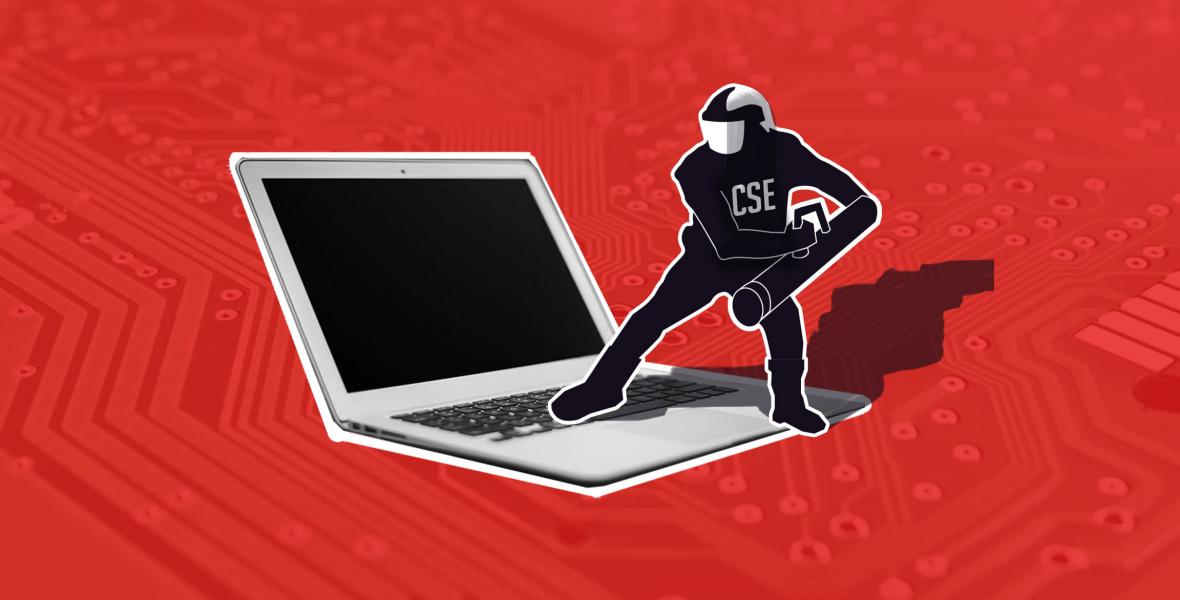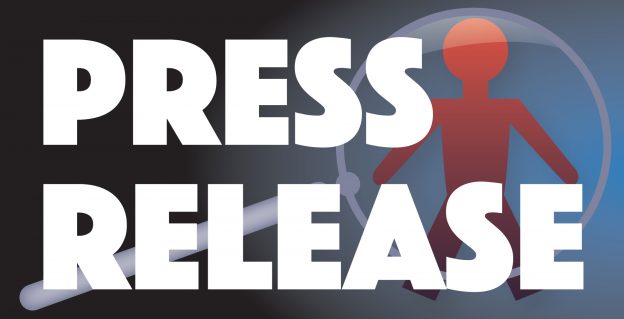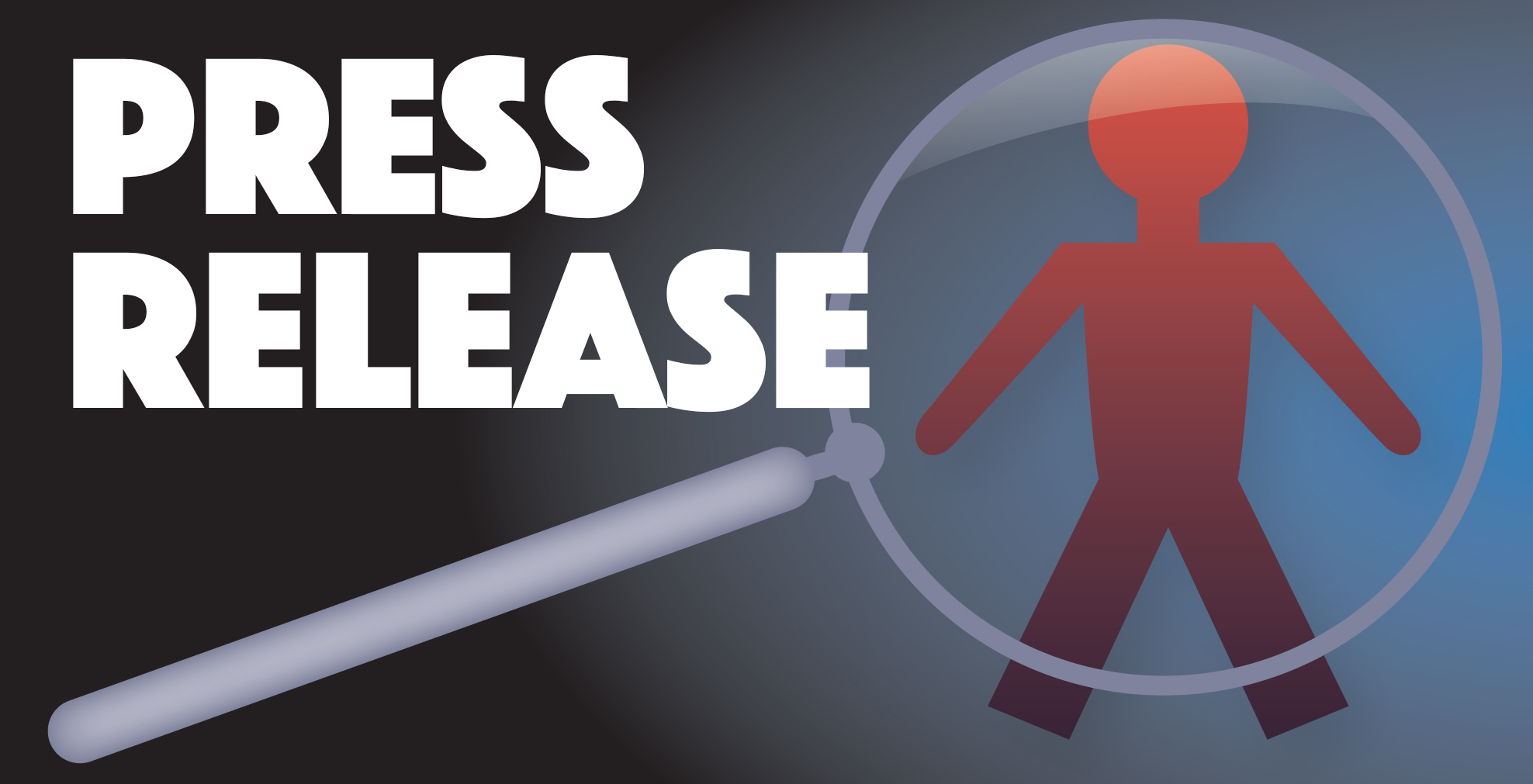 Ottawa, ON – On June 18, the Senate adopted Bill C-59, the National Security Act, 2017, and it has received royal assent on June 21st. Canadian parliamentarians missed important opportunities to protect fundamental rights and freedoms in Canada and internationally by failing to bring necessary amendments to the Act.
Ottawa, ON – On June 18, the Senate adopted Bill C-59, the National Security Act, 2017, and it has received royal assent on June 21st. Canadian parliamentarians missed important opportunities to protect fundamental rights and freedoms in Canada and internationally by failing to bring necessary amendments to the Act.
“Once again, Canadian lawmakers have failed to act to ensure that national security laws do not come at the cost of privacy, free expression, due process and government transparency,” said Tim McSorley, national coordinator of the International Civil Liberties Monitoring Group (ICLMG). “Parliamentarians missed an opportunity to defend the rights of people in Canada today.”
The Liberal government has touted Bill C-59 as being a “fix” for the previous government’s controversial Bill C-51 (the Anti-terrorism Act, 2015). But while it brings some important improvements, Bill C-59:
- Continues to allow CSIS to engage in secret and dangerous threat disruption powers;
- Maintains the secretive No Fly List, which violates due process and has never been proven to be effective;
- Preserves overly-broad information sharing rules that infringe on privacy and free expression;
- Improves on review of national security activities by creating the National Security and Intelligence Review Agency, but falls far short by transferring the weakest aspects of current national security review bodies to the new agency;
- Grants sweeping new surveillance powers to both the CSE and CSIS, including the collection of metadata, vaguely defined “publicly available information,” and the incredibly broad category of “unselected information” (which essentially means any information);
- Introduces new powers to give CSIS agents or designated individuals immunity for committing crimes in the line of their work;
- Fails to prohibit the use and sharing, in all circumstances, of information linked to mistreatment and torture;
- Allows the CSE to engage in broad and powerful new “active cyber operations” with little oversight, creating the risk of retaliation as well as attacks from leaked new cyber-weapons.
On May 30th, Senators had sent the bill back to the House of Commons with four amendments. The government had since proposed to only accept two of the four amendments, and the House voted in favour of that proposal last week.
The amendments accepted include one to start the review of the National Security Act, 2017 after 3 years instead of 5 years, with the report being tabled in 4 years, instead of 6, as well as one to add a schedule to the Avoiding Complicity in Foreign Mistreatment Act that would list any head of department who has been given a ministerial direction regarding the use or sharing of information that could lead to, or is derived from, torture or mistreatment.
Although we welcome these amendments, they are highly insufficient and do not fix the numerous issues with Bill C-59. Numerous calls from leading civil liberties and human rights groups, and thousands of letters from the public urging further changes to the bill have been ignored.
The national security field is an opaque one, and staying informed of all the negative consequences of this bill will be difficult. Despite this challenge, the ICLMG will be monitoring the implementation of the act, and continuing its work of protecting civil liberties and human rights against the impacts of national security legislation in Canada.
Read our more detailed recommendations and our full brief to the Senate.
– 30 –
Since you’re here…… we have a small favour to ask. Here at ICLMG, we are working very hard to protect and promote human rights and civil liberties in the context of the so-called “war on terror” in Canada. We do not receive any financial support from any federal, provincial or municipal governments or political parties. You can become our patron on Patreon and get rewards in exchange for your support. You can give as little as $1/month (that’s only $12/year!) and you can unsubscribe at any time. Any donations will go a long way to support our work. |





